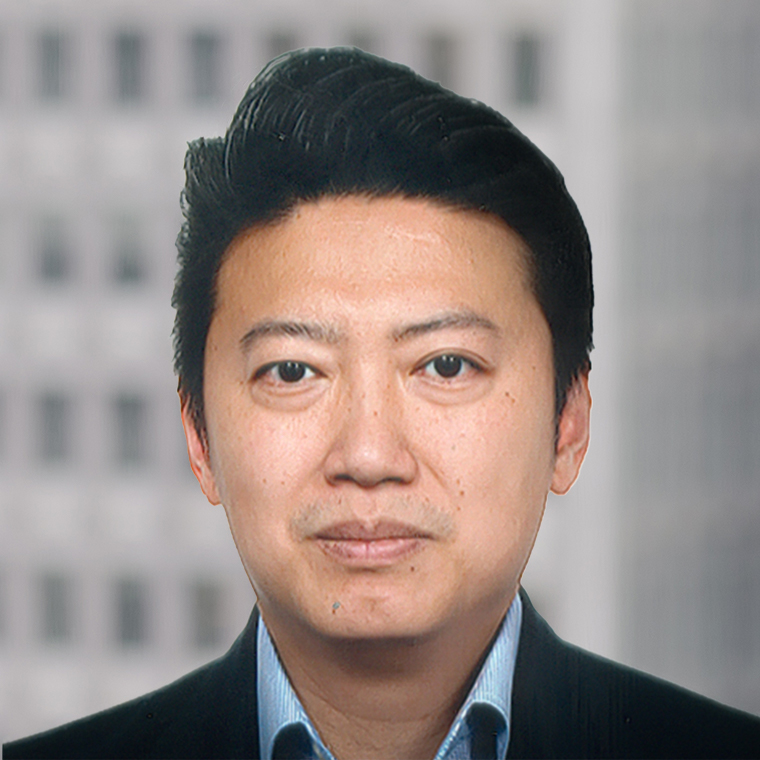Chinese Communist Party Central Committee Tightens Controls on Cultural Industry
Authors
The communiqué reveals substantial concern within the Party over the erosion of morals (道德) even as China has become relatively developed. Rather than allow greater freedom to an increasingly well-off population with greater leisure time and access to consumer electronics and the Internet, the Party's prescription is to enhance political education and elevate traditional Chinese culture in order to develop socialist culture with Chinese characteristics (中国特色社会主义文化) and safeguard national cultural security (国家文化安全). Beneficial culture from abroad will be absorbed (吸收外来有益文化) while Chinese culture will be exported to enhance China's soft power (增强国家文化软实力).
From an economic perspective, the communiqué calls for elevating the role of culture in state planning at all levels of government. This portends an increase in funding for culture in its various manifestations through 2020 in accordance with "scientific" development. Particular attention is given to Internet content including: the dissemination of both traditional and modern culture through advanced media including cellular telephones; the development of the news industry; management of the Internet to foster civilized (文明) content and filter out harmful content; and strengthened regulation of social networks and instant messaging to regulate content. Development of established cultural industries like publishing, film and television as well as newer media like electronic publishing, digital animation and gaming will be accelerated.
From a political perspective, the cultural industry is to be centered in Beijing, the national capital, and ownership will continue to be dominated by companies owned or controlled by the state, with other ownership forms allowed in accordance with regulations. Endorsement of state-controlled companies reflects current suspicion of the so-called VIE (variable interest entity) structure devised to circumvent restrictions on foreign ownership. Entities engaged in culture are called upon to corporatize themselves and become more commercial and self-sustaining, including through exports. Foreign investment will similarly be allowed in accordance with regulations, but there is no indication of any intention to relax existing restrictions on content or ownership. Foreign technology will still presumably be welcomed subject to existing restrictions.
The fundamental questions raised by the communiqué and indeed by the Plenum itself are the compatibility between conflicting goals. To what extent will it be possible to develop a flourishing cultural industry with products of popular appeal while tightening control over cultural expression? To what extent will a better educated and more prosperous populace respond positively to increasing doses of political education when such content is already failing to deliver? To what extent will a young population brought up on modern music and dance respond to traditional culture with which they have little familiarity? Indeed, to what extent will China's 'netizens' accept tightened control of the Internet and social networks? The answer may lie in the communiqué's call to elevate patriotic or nationalistic content in culture and education.
Cultural bureaucrats have already begun to follow the line of the Plenum. The State Administration of Radio, Film and Television (SARFT) has issued an order restricting the broadcast of reality, game and other free-flowing entertainment shows on satellite TV stations in favor of news and cultural programming without regard to audience ratings. Whether or not such policies remain in place, it is unclear how they can foster development of cultural industries or China's soft power.
Authors
-
 Lester Ross
Lester Ross
Partner
Partner-in-Charge, Beijing Office
[email protected] +86 10 5901 6588+86 10 5901 6588
-
